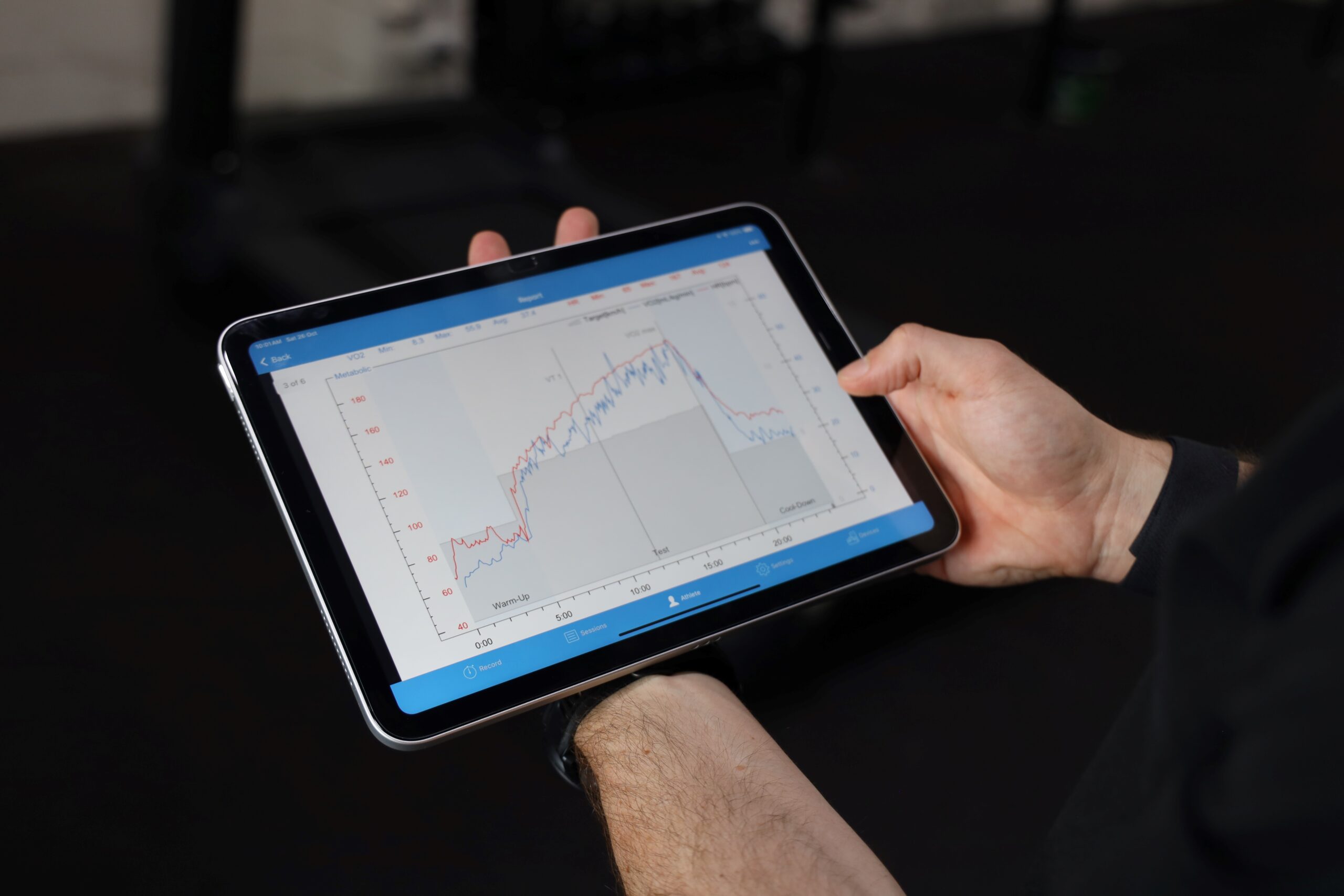Reiki healing is an energy-based, non-invasive technique that has grown in popularity for its ability to aid both emotional healing and pain management. Originating in Japan, Reiki healing operates on the principle that life energy flows through all living beings, and when this energy is balanced, individuals experience greater physical and emotional health. Practitioners believe that when emotional stress or physical pain occurs, it often indicates a disruption in this life energy flow. Reiki healing works to restore balance, helping clients overcome emotional barriers and alleviate physical pain.
In this article, we’ll delve into how Reiki healing can address emotional and physical challenges, the science behind this practice, and how to incorporate it into a holistic approach to well-being.
Reiki Healing
Reiki healing, often referred to as “universal life energy,” involves a practitioner channeling healing energy through gentle, intentional touch or hand placements over the body. Reiki sessions are designed to stimulate the body’s natural healing processes, often bringing relaxation, mental clarity, and pain relief. Unlike some forms of therapy that focus on direct symptom management, Reiki healing works with the body’s energy centers or chakras, to restore balance and harmony.
As a natural, complementary practice, Reiki is often paired with other healing methods, including traditional medical treatments, counseling, and wellness routines. Whether addressing physical pain, emotional trauma, or everyday stress, Reiki offers a gentle yet powerful way to help the body release blockages and encourage healing.
How Reiki Healing Supports Emotional Healing
Emotional healing is one of the core benefits of Reiki. Emotions like fear, grief, anger, and anxiety can create energetic blockages that prevent individuals from experiencing emotional freedom and peace. Reiki healing works to clear these blockages by gently releasing suppressed emotions, allowing individuals to process past traumas or negative experiences in a safe, supportive environment.
Balancing the Heart Chakra for Emotional Health
The heart chakra, located in the center of the chest, is closely associated with emotions, particularly those related to love, compassion, and forgiveness. When this chakra is out of balance, individuals may struggle with emotional pain, resentment, or even physical heart-related issues. Reiki practitioners often focus on the heart chakra during emotional healing sessions, helping to clear and rebalance it. As a result, individuals may experience a renewed sense of love, compassion, and connection, both with themselves and others.
Releasing Stress and Anxiety
Reiki healing is particularly effective for managing stress and anxiety. During a Reiki session, the practitioner’s hands transfer calming energy, which promotes relaxation and allows clients to feel at ease. This release from mental tension can help reduce anxiety and create a sense of inner peace, which is beneficial for managing emotional health on a long-term basis. People who regularly engage in Reiki healing often report feeling more resilient and balanced, which helps them navigate life’s challenges more gracefully.
Incorporating Reiki Healing into Personal Wellness
For those interested in exploring Reiki, many practitioners offer sessions both in-person and online, giving clients the flexibility to select the best option for their lifestyle. Online options such as Reiki Healing Online are particularly useful for individuals with mobility issues or those seeking convenience. Reiki can be integrated into a broader wellness routine, along with practices like meditation, yoga, and mindfulness exercises, creating a comprehensive approach to emotional healing.
Reiki Healing for Pain Management
While Reiki is commonly associated with emotional well-being, it is also highly effective for physical pain relief. Many individuals dealing with chronic pain conditions, such as migraines, arthritis, or muscle tension, turn to Reiki as a complementary therapy to conventional pain management strategies.
Alleviating Physical Discomfort
Reiki practitioners believe that physical pain is often linked to energy blockages or imbalances. By restoring energy flow, Reiki healing can alleviate pain, sometimes reducing the need for medication. During a session, the practitioner directs energy to the areas of discomfort, helping to relax muscles, reduce inflammation, and promote circulation. This process supports the body’s natural ability to heal itself, which can result in lasting pain relief and improved physical function.
Supporting Recovery from Injury or Surgery
Reiki healing is also beneficial for individuals recovering from injuries or surgeries. By focusing on areas affected by trauma, Reiki promotes faster healing and reduces pain naturally. Many clients report that Reiki sessions helped them feel more comfortable during their recovery process, making it easier to regain strength and mobility. Additionally, the relaxation induced by Reiki often boosts the immune system, further supporting healing.
When to Schedule Energy Healing
For those considering Reiki healing for pain management, consistency is key. Many practitioners recommend scheduling regular sessions, as this allows the healing effects of Reiki to accumulate, enhancing the body’s resilience to pain and stress. By maintaining a regular schedule, clients often experience a cumulative benefit, with each session building upon the last. To begin, clients may want to schedule energy healing services on a weekly or bi-weekly basis and adjust the frequency based on their needs over time.
Scientific Support for Reiki Healing’s Benefits
Although Reiki healing is often considered an alternative practice, scientific research has increasingly shown that it can have a positive effect on both physical and emotional health. Numerous studies have highlighted Reiki’s ability to reduce anxiety, enhance relaxation, and alleviate pain. For example, a study published in the “Journal of Evidence-Based Complementary & Alternative Medicine” found that Reiki significantly reduced pain and improved overall quality of life for participants with chronic pain conditions. Other studies have documented the calming effect Reiki has on the nervous system, which explains why it is effective for stress relief and emotional healing.
Getting Started with Reiki Healing
For those new to Reiki, finding the right practitioner is essential. Reiki is a highly personalized form of healing, so connecting with someone who understands your unique needs and goals will improve the effectiveness of each session. Some practitioners specialize in emotional healing, while others focus on physical pain or spiritual development. Clients should also consider the setting and format that works best for them, whether that means in-person appointments or the flexibility of online sessions.
Reiki into Your Daily Life
Incorporating Reiki into daily life can enhance its effects. Many clients find that after starting Reiki, they develop a stronger sense of self-awareness, making it easier to identify emotional or physical stressors before they become overwhelming. Practicing mindfulness, meditation, or gentle yoga can help reinforce the benefits of Reiki, allowing clients to experience greater emotional and physical balance between sessions.
SUMMARY
Reiki healing serves as both a physical and emotional support system, helping individuals manage pain and process difficult emotions. Unlike conventional treatments that may focus solely on symptoms, Reiki healing addresses the underlying energetic imbalances, promoting holistic wellness and encouraging self-care.
Whether you’re dealing with chronic pain, navigating an emotional challenge, or simply seeking a deeper connection with your inner self, Reiki healing offers a compassionate, non-invasive approach. As more people turn to Reiki to support their well-being, it’s clear that this ancient practice is finding its place within modern wellness routines.
By allowing energy to flow freely and helping to resolve blockages, Reiki healing can bring comfort, peace, and healing on a profound level, supporting individuals in achieving a balanced and fulfilling life.



